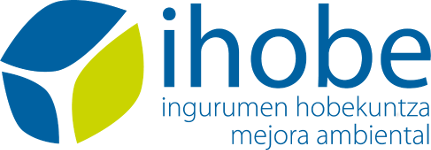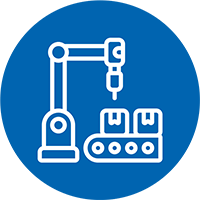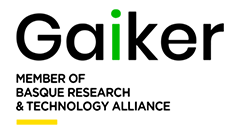LEHORTUTA
DRY INDUSTRIAL SEPARATION OF COMPLEX PLASTIC SCRAP
MASER's main activity focuses on the treatment of the plastic mixture from the recycling of electrical cable waste, using a wet separation process that results in recovered fractions of PVC, PE and copper. In order to reduce energy consumption and the water footprint of the process, MASER has implemented a new dry process line which has improved the environmental and production objectives compared to the wet process for the production of recycled PVC: reducing water use and increasing production capacity.
The unique characteristics of this new industrial plant allow for the treatment and recycling of other complex streams of plastics and metals generated in the Basque Country, fractions that are currently not recoverable due to a lack of suitable processes and which are therefore sent to landfill. Some examples of these complex mixtures, most of which are generated by waste management companies based in the Basque Country, are small particle size streams from the management of waste electrical and electronic equipment (WEEE), cables and others, streams generated in the shredding processes of end-of-life vehicles and other scrap, plastics with metal inserts, plastics from window waste, and plastic fractions of different origins.
MASER is a company specialising in the treatment of waste flows with a high plastic content, and has led LEHORTUTA, a project on which it has worked with the GAIKER Technology Centre and the circular economy consultancy firm, ZICLA.
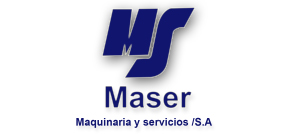
DRIVING FACTOR
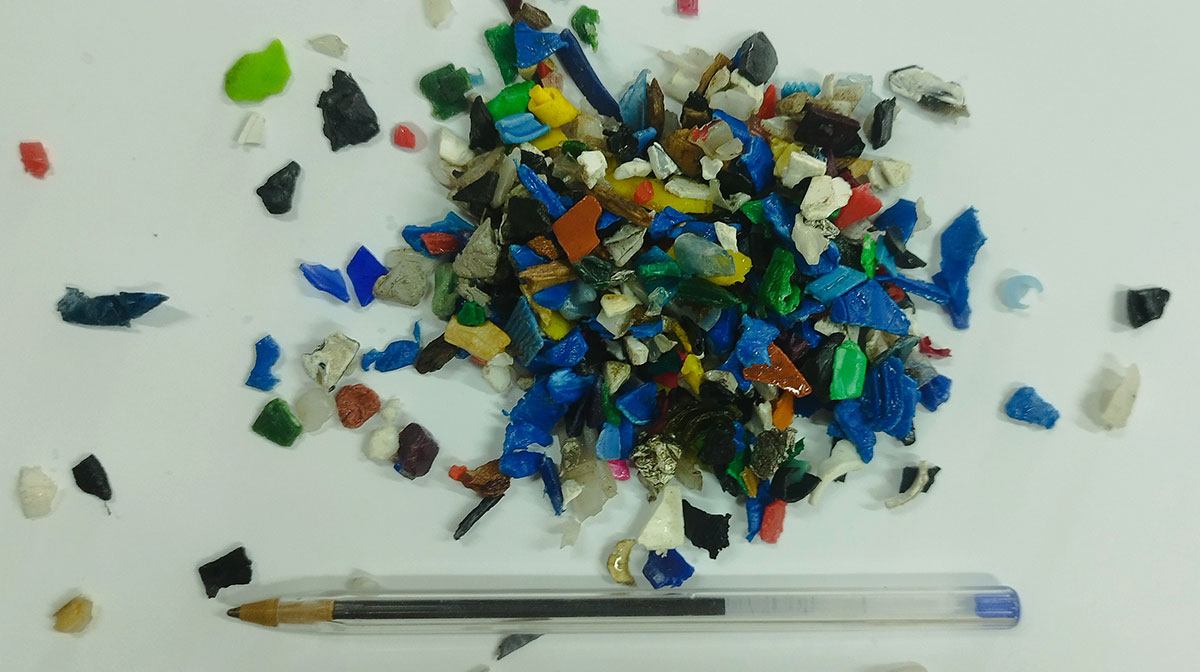
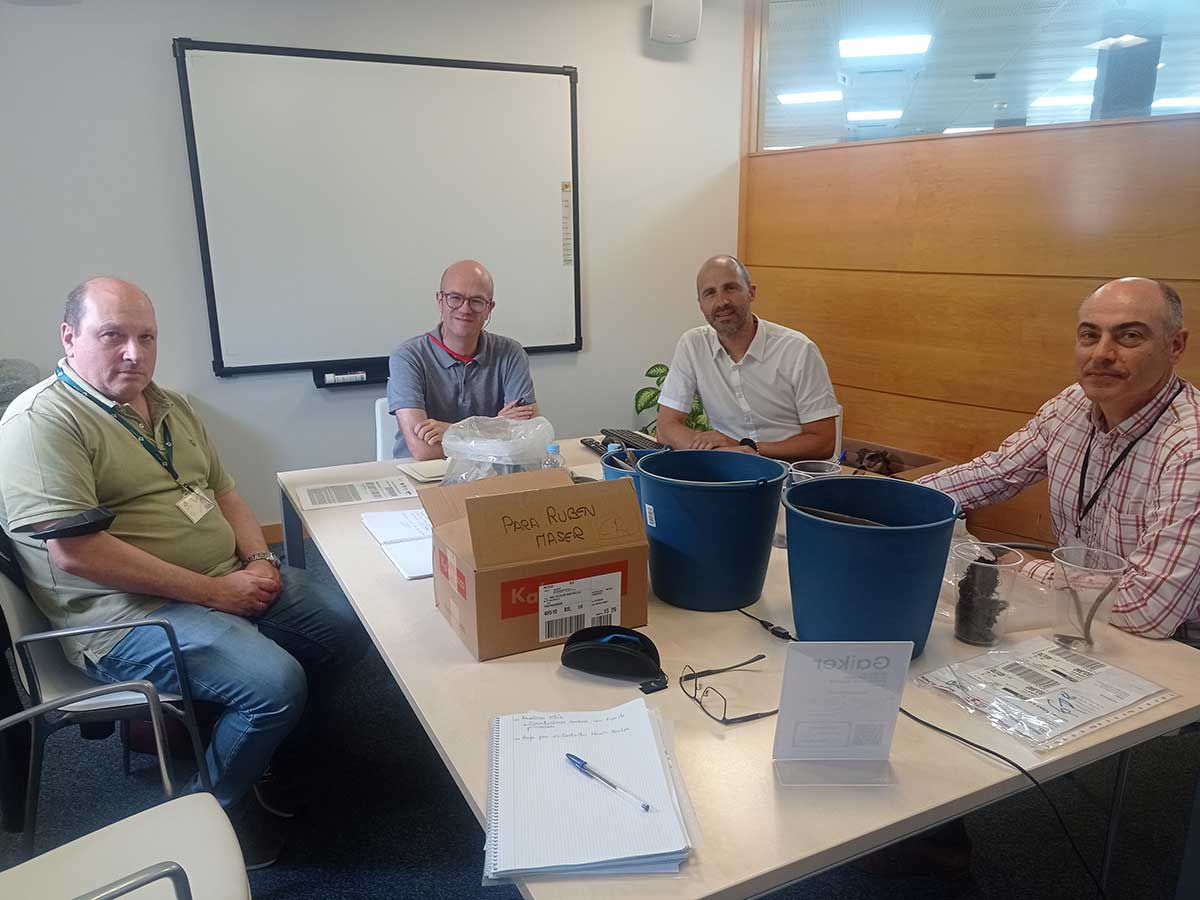
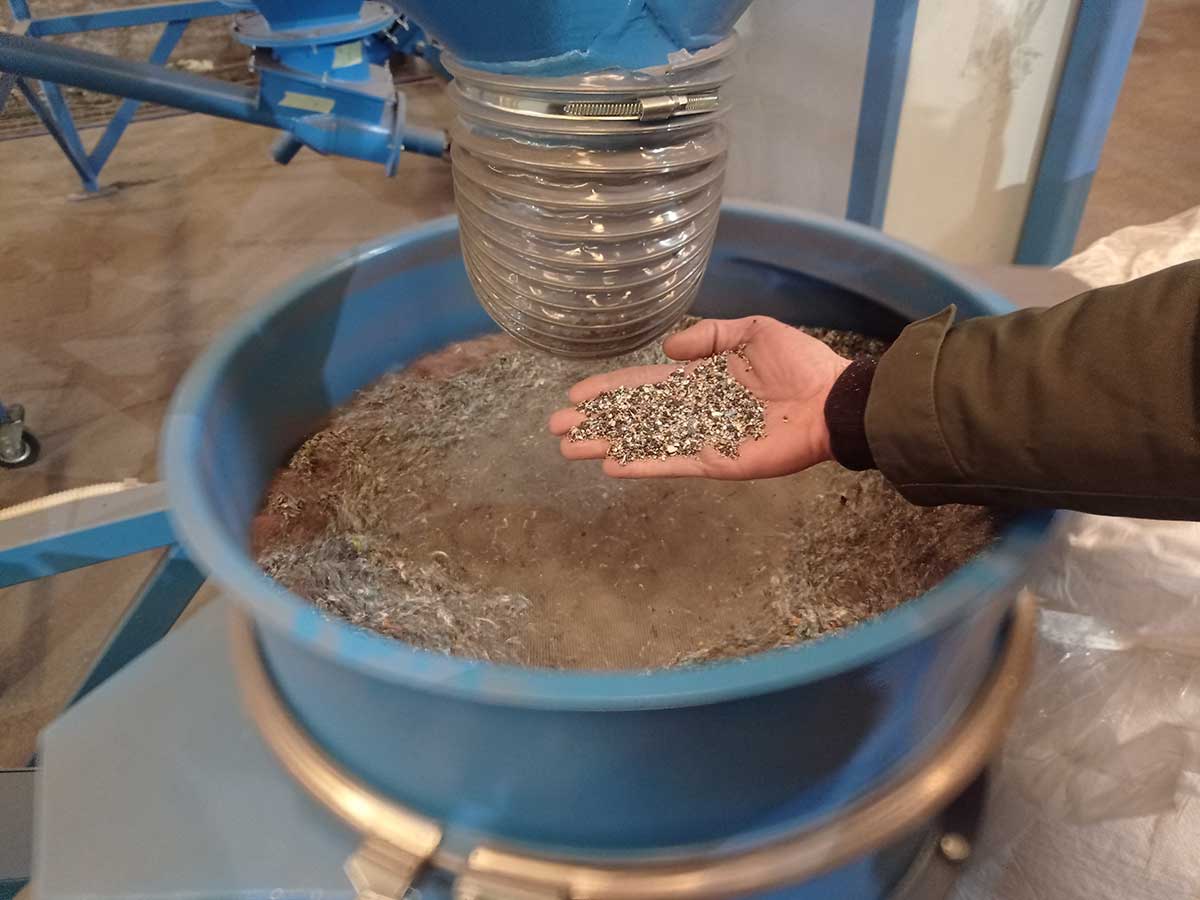
 OBJECTIVES
OBJECTIVES
- Demonstrate the technical, economic, environmental and commercial feasibility of MASER's new dry separation process for treating complex plastic fractions.
- Avoid landfill disposal of complex streams with plastic and metal fractions.
- Recover metal concentrates (copper, steel and aluminium) included in these plastic streams.
- Recover plastic concentrates for the secondary plastic market.
- Industrial scale demonstration of the new process to treat a complex stream of plastics and metals, selected from the possible ones according to characteristics, accessibility and volume.
- Identify commercial outlets for new fractions of recovered plastics, thus diversifying MASER's commercial portfolio.
- Environmentally assess the treatment process from a Life Cycle Analysis (LCA) perspective.
- Establish MASER as an industrial benchmark for the mechanical recovery of complex plastic and metal streams, laying the foundations for a valid supply for the waste management sector.
 RESULTS
RESULTS
- Characterisation and study of 15 waste fractions received from 7 companies.
- Selection of 4 fractions according to analytical, morphology and experience, for which processes combining different technologies were designed, carrying out a semi-industrial test (approximately 200 Kg) on them in order to select 1 material for a complete industrial test.
- Industrial test production of 92% purified rPET from material at 50% concentration of a reject fraction received from EKOREC, a leading PET recycler in the Basque Country, at a competitive price for all parties.
- 45% reduction of environmental footprint in the process compared to landfilling the fraction.
- Laboratory production of BHET monomer by solvolysis test (chemical recycling) with the rPET obtained.
 CONCLUSIONS
CONCLUSIONS
- The heterogeneity of waste remains a circumstance in the management of plastic waste of these characteristics. It is necessary that the company supplying the waste produces and stores it under stable conditions.
- MASER's combination of mechanical pre-treatment technologies is unique in the Basque Country and can be offered for different waste fractions currently on the market.
- The facility is also interesting for the supply of purified materials to the emerging chemical recycling industry, as demonstrated in laboratory tests within the framework of LEHORTUTA.
ENVIRONMENTAL
TECHNICAL
ECONOMIC
COMMERCIAL
ON THE MARKET
